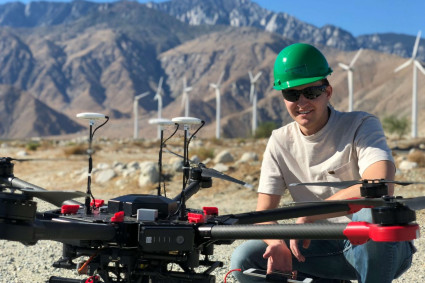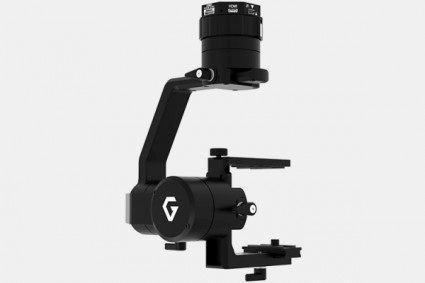
Introduction
Agriculture equipment has been the backbone of farming for centuries, empowering farmers to cultivate, harvest, and process crops efficiently and effectively. From the simple plow and scythe of ancient times to the advanced machinery and precision technology of today, agricultural equipment has played a crucial role in revolutionizing the agricultural industry. In this article, we explore the significance and impact of agricultural equipment in modern farming practices, highlighting how these tools have increased productivity, sustainability, and food production to meet the demands of a growing global population.
1. Increasing Productivity and Efficiency
Agricultural equipment has drastically improved productivity on farms of all sizes. Modern tractors, combines, and planters can cover vast fields in a fraction of the time it would take with traditional hand tools. Mechanized equipment reduces the physical labor required, enabling farmers to accomplish more tasks within tight planting and harvesting windows. This increased efficiency has allowed farmers to manage larger areas of land and cultivate higher yields, contributing to a more abundant food supply.
2. Precision Farming Techniques
Advancements in agricultural technology have paved the way for precision farming techniques. Global Positioning System (GPS) and Geographic Information System (GIS) technology integrated into agricultural equipment allow farmers to precisely control planting, fertilization, irrigation, and pesticide application. Precision farming minimizes waste, optimizes resource usage, and maximizes crop yield while reducing environmental impact. By applying inputs only where needed, farmers can reduce the use of water, fertilizers, and chemicals, leading to more sustainable farming practices.
3. Mechanized Harvesting and Processing
Agricultural equipment has transformed the harvesting and processing of crops, making these operations faster and more efficient. Modern combines and harvesters can quickly gather crops like wheat, corn, and soybeans, reducing the labor required for manual harvesting. Additionally, advanced processing equipment, such as threshers, mills, and fruit sorting machines, streamlines the post-harvesting process, ensuring that crops are efficiently processed and ready for distribution and consumption.
4. Specialized Equipment for Diverse Crops
Different crops have unique cultivation and harvesting requirements, and agricultural equipment has evolved to cater to these diverse needs. For example, vineyard tractors and grape harvesters are designed specifically for vineyards, while cotton pickers and rice transplanters are tailored for cotton and rice cultivation, respectively. Specialized equipment ensures that farmers can efficiently manage their specific crops, optimizing their yield and quality.
5. Role in Sustainable Agriculture
Agricultural equipment has played a critical role in advancing sustainable farming practices. Conservation tillage and no-till farming, made possible by specialized equipment, reduce soil erosion and preserve soil health. Precision irrigation systems help conserve water, preventing overuse and minimizing water wastage. Additionally, equipment designed for integrated pest management reduces the need for chemical pesticides, promoting natural pest control and reducing the impact on the environment.
6. Farming for the Future
As the global population continues to grow, the role of agricultural equipment becomes increasingly vital in meeting the rising demand for food. The development of innovative agricultural machinery, automation, and artificial intelligence is paving the way for more efficient and sustainable farming practices. From autonomous tractors to drone technology for crop monitoring, the future of agriculture is marked by cutting-edge equipment that optimizes resources and drives productivity.
Conclusion
Agricultural equipment has been instrumental in transforming farming from labor-intensive practices to efficient and sustainable agricultural systems. The evolution of machinery, precision technology, and specialized equipment has significantly increased productivity, reduced waste, and enhanced resource efficiency on farms worldwide. With a focus on sustainability and embracing innovative technologies, the agricultural industry is well-equipped to face the challenges of feeding a growing global population while preserving the planet's natural resources. As we continue to advance agricultural equipment and practices, farming for the future promises a world where food production meets demand, and sustainable agriculture is at the heart of feeding the world. معدات زراعية





